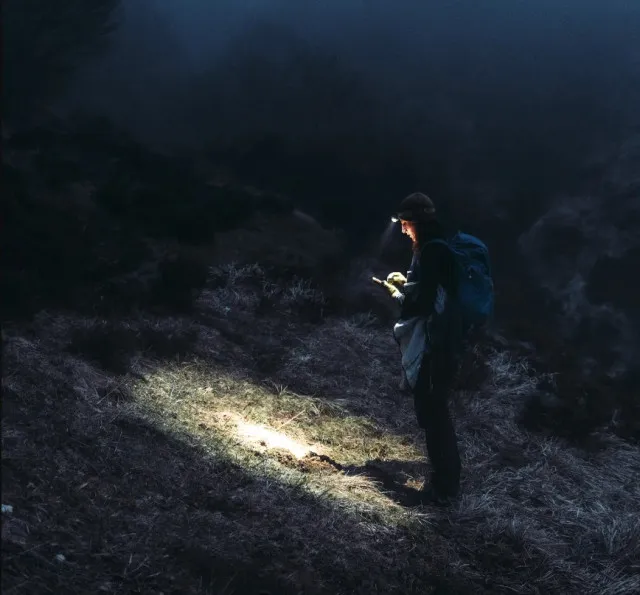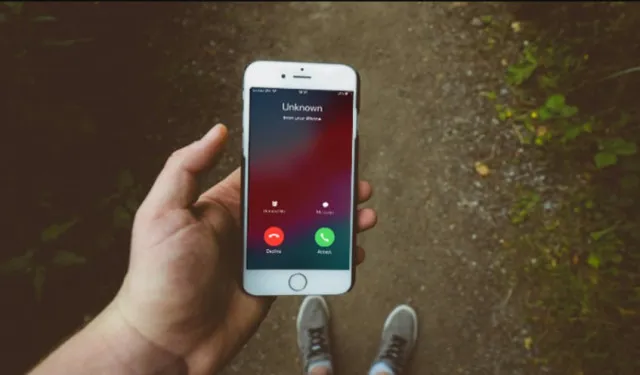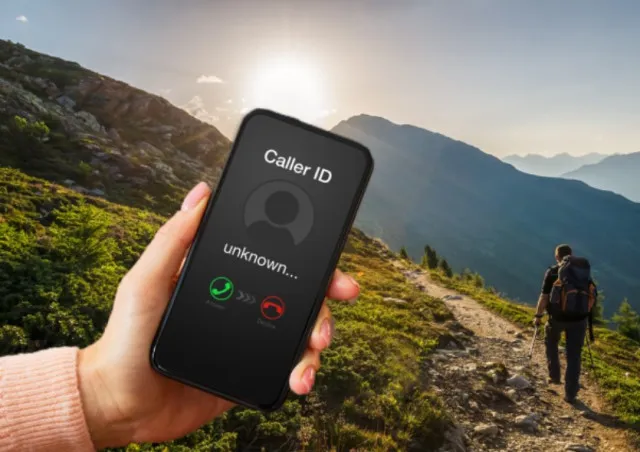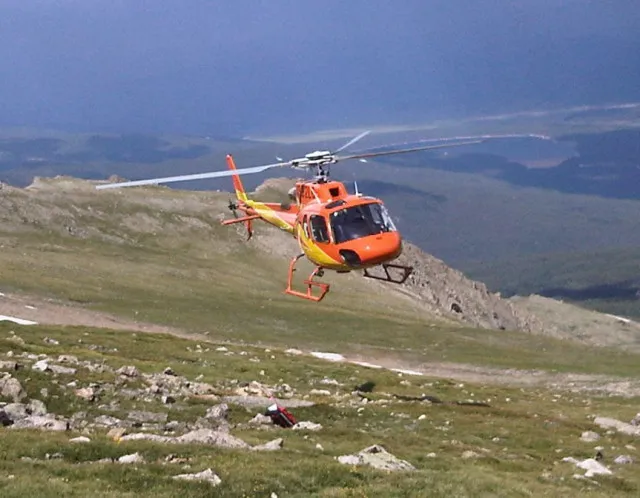A lost hiker in Colorado recently made headlines for ignoring calls from rescuers because the calls came from an unknown number.
The incident, which occurred in July 2024, highlights the potential dangers of modern technology habits in emergency situations.

The rescue team’s efforts were in vain after numerous phone calls to the lost hiker
The hiker, whose identity has not been revealed, was reported missing after failing to return from a solo trek in the mountains.
Concerned friends alerted the local search and rescue team when the hiker did not return on time.
Lake County Search and Rescue said the person was reported missing at 8 pm after starting their hike around 9 am that day.
Search crews found no trace of the person and thought they had walked off the trail, probably spending the night trying to find it again.

The team immediately began a search operation, trying to reach the hiker through various means, including phone calls.
Despite multiple attempts to contact the hiker, the rescue team’s calls went unanswered.
The lost hiker ignored rescuers’ calls because it was an unknown number
It was later discovered that the hiker had deliberately ignored the calls because they were from an unknown number.
This decision, while understandable in everyday situations to avoid spam or scam calls, proved problematic in this life-threatening scenario.
The hiker had lost their way and spent 24 hours in the wilderness without any means of knowing that help was trying to reach them.

Fortunately, the hiker had enough supplies to survive the night, including water, some food, and warm clothing. However, the experience was undoubtedly stressful and could have had a much worse outcome.
After 24 hours of being lost, the hiker found the trail and their car. They were unaware that rescuers had been searching for them.
Rescue teams worked tirelessly through the night, scouring the area and using all available resources to locate the missing person.
They utilized tracking dogs, drones, and ground teams to cover as much ground as possible. The search was complicated by the rough terrain and thick forest, making it difficult to spot someone from a distance.
“Please remember that what seems like common sense in hindsight is not obvious to a subject at the moment when they are lost and panicking.
“In Colorado, most folks who spend time outdoors have a good understanding of the SAR infrastructure that is there to help them, but this is not the case nationwide,” the Lake County Search and Rescue said.

Authorities’ advice for hikers.
Authorities have used this case to educate the public on safety measures while hiking or engaging in outdoor activities.
One key piece of advice is to inform a friend or family member of your exact route and expected return time.
This information can be crucial for search and rescue teams in narrowing down search areas.

Another important tip is to carry a fully charged phone and a portable charger.
In areas with poor reception, even a brief moment of connectivity can be the difference between life and death.
Additionally, hikers are encouraged to answer calls when they are in potential distress, as it could be a lifeline in an emergency.
The use of personal locator beacons (PLBs) and satellite messengers has also been recommended.
These devices can send distress signals and GPS coordinates to rescuers, even in areas without cell service. While they might seem like an unnecessary expense, they can be invaluable in an emergency.